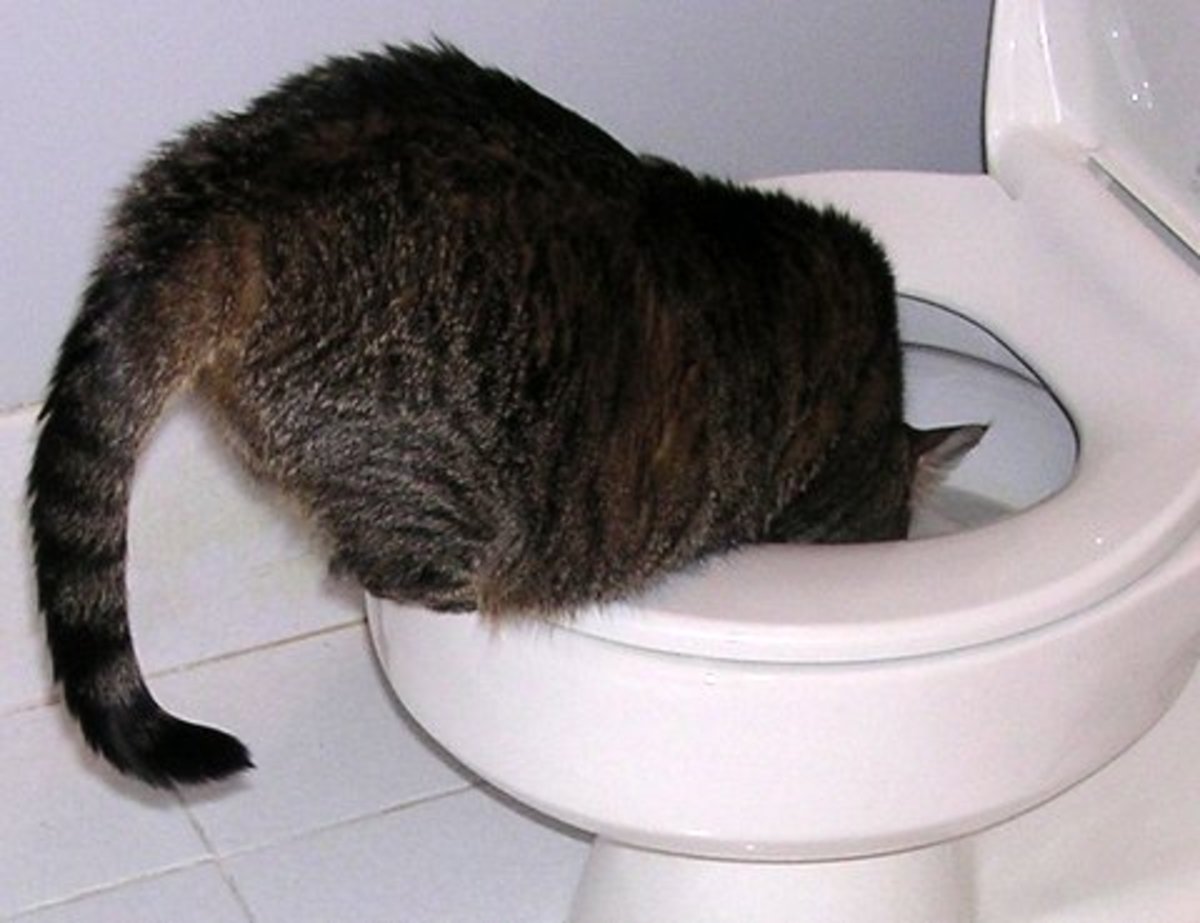Prevent Clogs and Damage: Don't Flush Cat Poop Down Your Toilet - Expert Insights
Prevent Clogs and Damage: Don't Flush Cat Poop Down Your Toilet - Expert Insights
Blog Article
On this page below you can discover a lot of first-rate data pertaining to Don’t flush cat feces down the toilet.

Intro
As feline owners, it's vital to bear in mind how we take care of our feline good friends' waste. While it may appear practical to purge feline poop down the commode, this method can have detrimental effects for both the environment and human health.
Alternatives to Flushing
Luckily, there are safer and a lot more responsible means to deal with pet cat poop. Consider the adhering to alternatives:
1. Scoop and Dispose in Trash
One of the most common technique of dealing with pet cat poop is to scoop it into an eco-friendly bag and throw it in the trash. Make certain to use a specialized clutter scoop and throw away the waste promptly.
2. Use Biodegradable Litter
Go with naturally degradable pet cat litter made from materials such as corn or wheat. These trashes are eco-friendly and can be safely thrown away in the garbage.
3. Bury in the Yard
If you have a lawn, take into consideration hiding feline waste in a marked location away from vegetable yards and water resources. Be sure to dig deep enough to avoid contamination of groundwater.
4. Mount a Pet Waste Disposal System
Buy a pet waste disposal system especially designed for cat waste. These systems utilize enzymes to break down the waste, minimizing smell and ecological impact.
Health Risks
In addition to environmental worries, purging pet cat waste can also position health and wellness dangers to human beings. Pet cat feces might have Toxoplasma gondii, a parasite that can cause toxoplasmosis-- a potentially severe disease, especially for expecting females and people with damaged body immune systems.
Ecological Impact
Purging feline poop presents dangerous virus and bloodsuckers into the water supply, posing a significant risk to aquatic environments. These pollutants can adversely affect marine life and compromise water quality.
Conclusion
Accountable pet dog ownership extends beyond supplying food and sanctuary-- it also includes correct waste monitoring. By refraining from flushing pet cat poop down the commode and going with alternative disposal methods, we can minimize our environmental impact and secure human health and wellness.
Why You Should Never Flush Cat Poop Down the Toilet
A rose by any other name might smell as sweet, but not all poop is created equal. Toilets, and our sewage systems, are designed for human excrement, not animal waste. It might seem like it couldn’t hurt to toss cat feces into the loo, but it’s not a good idea to flush cat poop in the toilet.
First and foremost, assuming your cat uses a litter box, any waste is going to have litter on it. And even the smallest amount of litter can wreak havoc on plumbing.
Over time, small amounts build up, filling up your septic system. Most litter sold today is clumping; it is made from a type of clay that hardens when it gets wet. Ever tried to scrape old clumps from the bottom of a litter box? You know just how cement-hard it can get!
Now imagine just a small clump of that stuck in your pipes. A simple de-clogger like Drano isn’t going to cut it. And that means it’s going to cost you big time to fix it.
Parasitic Contamination
Believe it or not, your healthy kitty may be harboring a nasty parasite. Only cats excrete Toxoplasma in their feces. Yet it rarely causes serious health issues in the cats that are infected. Most people will be fine too if infected. Only pregnant women and people with compromised immune systems are at risk. (If you’ve ever heard how women who are expecting are excused from litter cleaning duty, Toxoplasma is why.)
But other animals may have a problem if infected with the parasite. And human water treatment systems aren’t designed to handle it. As a result, the systems don’t remove the parasite before discharging wastewater into local waterways. Fish, shellfish, and other marine life — otters in particular — are susceptible to toxoplasma. If exposed, most will end up with brain damage and many will die.
Depending on the species of fish, they may end up on someone’s fish hook and, ultimately on someone’s dinner plate. If that someone has a chronic illness, they’re at risk.
Skip the Toilet Training
We know there are folks out there who like to toilet train their cats. And we give them props, it takes a lot of work. But thanks to the toxoplasma, it’s not a good idea.

I was shown that article on How to Dispose of Cat Poop and Litter Without Plastic Bags through a friend on another web address. In case you enjoyed reading our page plz be sure to pass it around. Thanks a bunch for your time. Please visit our website back soon.
Schedule Today Report this page